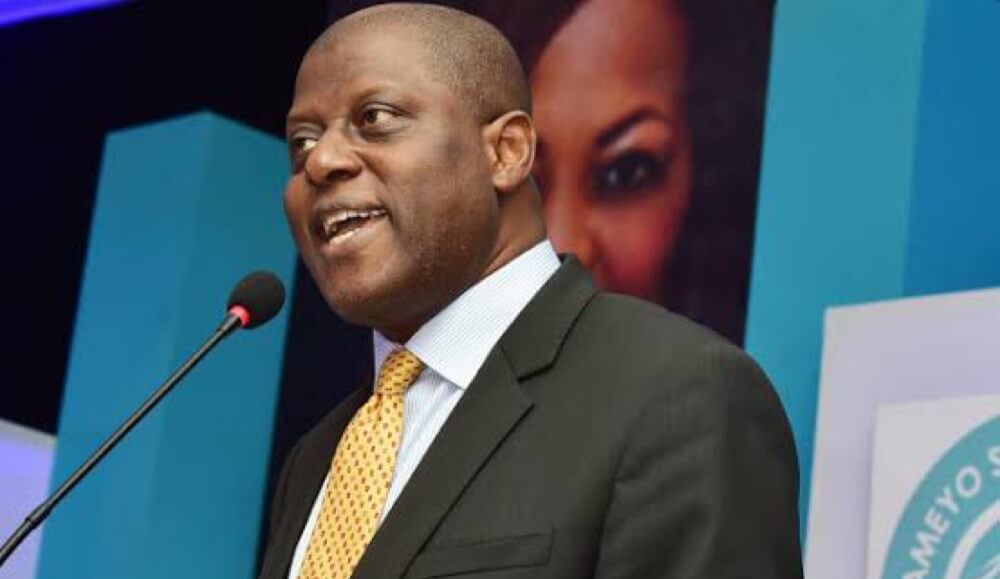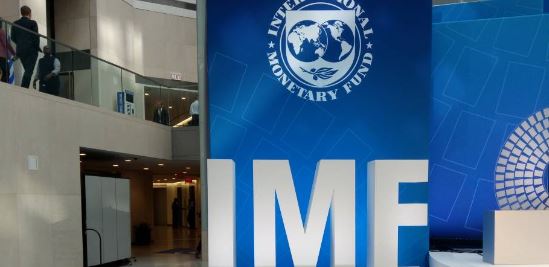Olayemi Cardoso, governor of the Central Bank of Nigeria (CBN), has spoken on his plans to stabilise the country’s foreign exchange (FX) market and slow inflation.
Cardoso spoke on Tuesday when he and four CBN deputy governor nominees were screened by the senate.
Nigeria’s FX market has been experiencing high levels of volatility since the beginning of the current government led by President Bola Tinubu.
The gain the local currency recorded on Monday was quickly reversed on Tuesday when the naira fell to an all-time low of N1,000 to the dollar.
Advertisement
The CBN governor said if they are confirmed, the immediate plan to stablise the naira would be for the apex bank to settle some financial obligations and make “transparent rules”.
“Number one is what I will term an ‘operational issue’. Right now we have a situation where – we are aware that there are unsettled obligations by the CBN,” Cardoso said.
“Whether it is 4 billion, 5 billion or 7 billion I don’t know but definitely the immediate priority will be to verify the authenticity and extent of what is owed.
Advertisement
“Number two, apart from the operational there is one that is system related that involves ensuring that we come up with rules that are open, transparent that any of the players in that area understands. We can expect foreign investors, portfolio investors – we can’t expect them if there is no open transparent system that everyone understands.
“In setting up those guidelines one will carry the relevant stakeholders along and the comment was made earlier that one should be ready to engage everybody and hear views.
“With those two things, though they may seem simple, will go a long way to ease up the restrictions we are having on people that want to come in.”
Cardoso also said to tackle the country’s inflation, the CBN would roll out evidence-based policies.
Advertisement
“There will be a need to significantly revamp the infrastructure in the CBN with respect to data. We will ensure that our data gathering capacity is significantly enhanced that is key in measuring your inflation,” he said.
He added that avoiding deficit financing would tackle money supply issues.
Add a comment







